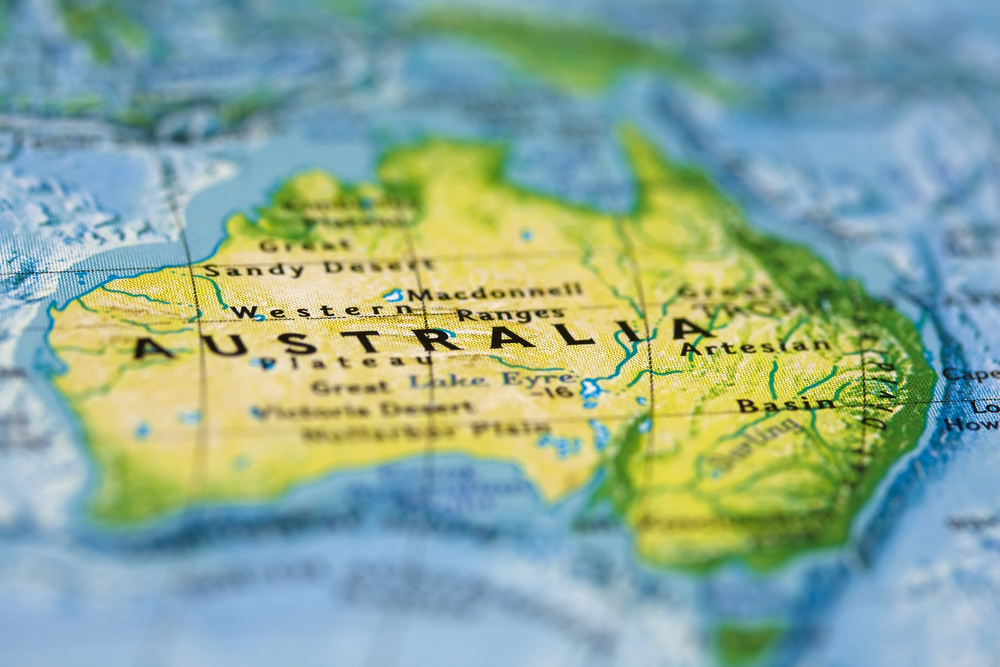Wayne Swan, the Treasurer of Australia’s central bank has recently announced the fact that a budget surplus for the 2012 – 2013 financial year was no longer a goal to be pursued. On the one hand, many economy experts and business leaders, as well as Green Party representatives have lauded Mr. Swan’s efforts thus far to keep the economy stable. His efforts somewhat paid off, when credit rating agency Standard & Poor’s followed the Treasurer’s announcement with a statement of their own, which confirmed that Australia’s credit rating would not be demoted from AAA. On the other hand, opposition leader Tony Abbot was highly critical of the move and stated that the Labor Party was proving to be dishonest, as well as unable to handle the country’s economy.
Mr Swan explained that he had discussed the announcement beforehand with several members of the Government, as well as with Prime Minister Julia Gillard herself, who has since gone on vacation. According to Swan, it is no longer worth pursuing the goal of a budget surplus, since this would put the prospect of new jobs and implicit economic growth at risk. Swan explained that numerous companies failed to deliver forecasted profits within the July-October interval, which created a gap in the country’s tax system. The Treasurer said that there was no point in implementing further rebate and welfare cuts in order to fill that gap, and that this would contradict the goals and policies of the Labor Party.
Up to this point, the Reserve Bank of Australia has already cut the single parent welfare budget. This measure, adopted by the Australian parliament in October, is forcing some 100,000 single parents, most of whom are mothers, to deal with a $140 cut in revenue per week. It goes into force immediately after Christmas. The move is expected to save $728 million for the country’s budget within the coming four years. Also in October, Wayne Swan announced that the RBA will no longer award a $5,000 baby bonus for families having a second and/or subsequent baby. The baby bonus for growing families will be slashed from $5,000 to $3,000 come July of 2013. This cut will hopefully save $500 million over the next four years. At the time, Swan explained that the baby bonus had been substantially growing during the past years, and that families are already receiving sufficient support from the government, under the form of part A and B benefits, paid leave for parents and the cash bonus for school children. Yet another cut was that applied to the private health insurance system, which slashed the rebate for numerous middle income families, who have fallen into a different revenue bracket according to the new regulations.
Meanwhile, the Reserve Bank has also been slashing its official cash rate throughout the year. The cash rate now stand at only 3 per cent, the lowest level since 2009, the darkest point of the recession. The fourth and most recent cut was enforced in December. Its most immediate effect was lower interest rates for personal and home loans, as we learned via Bankwest. Several banking system sources are saying that the RBA will also continue to cut the cash rate in 2013, although there has been no official confirmation for this suspicion, as of the writing of this article.
Giving up on the $1.1 billion surplus announced in October was foreshadowed at the time, when the budget update toned down the initially optimistic forecast made in May, of a $1.5 billion surplus. Some economists are saying that Australia might even face a substantial budget deficit, amounting to $10 billion. What is more, the lack of a budget surplus is the Gillard government’s third broken promise this term, after implementing the carbon tax and allowing for the Pacific Island detention system against asylum seekers.

